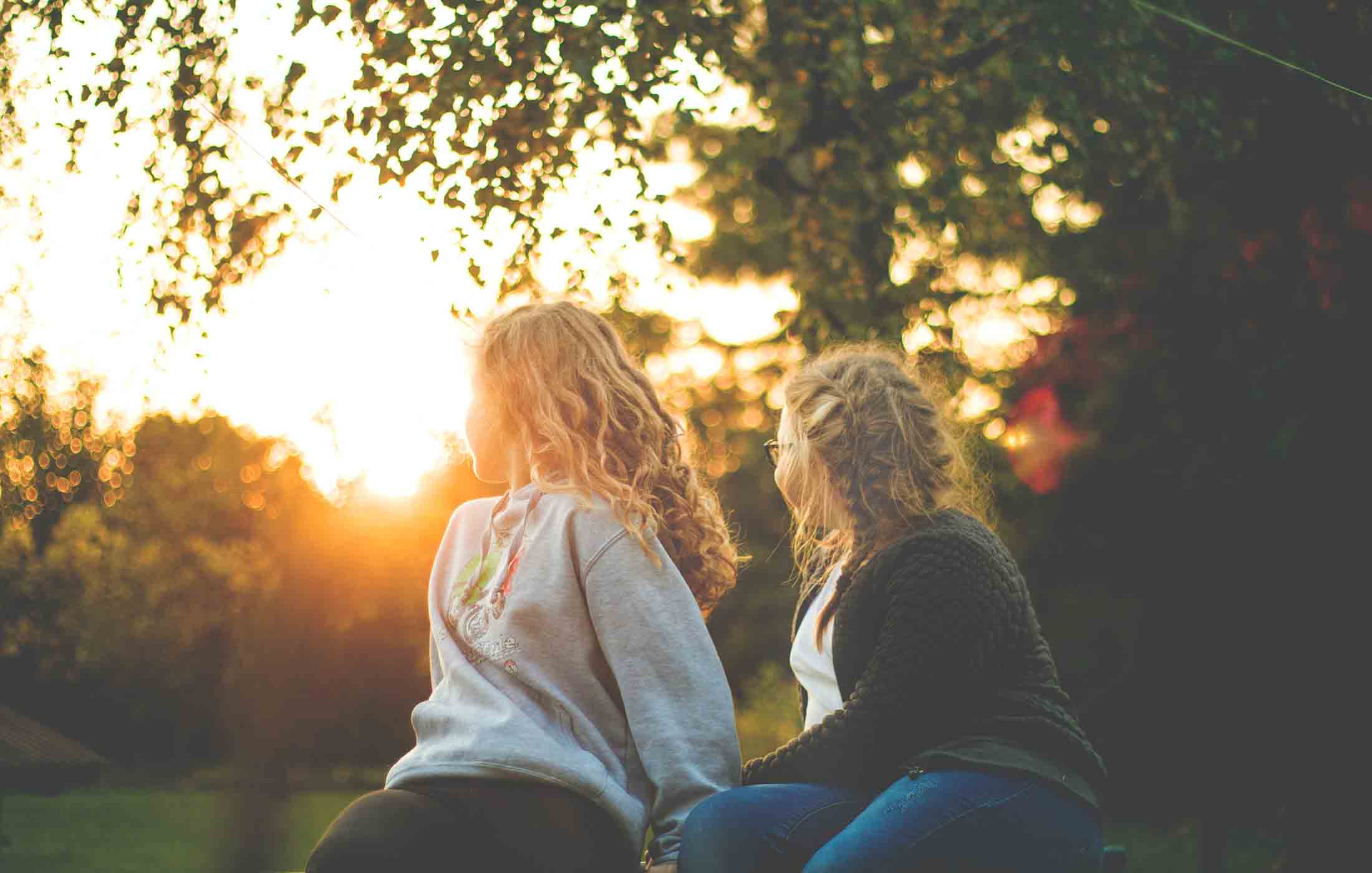
Human Trafficking Awareness Day in Canada
Human Trafficking Awareness Day in Canada has been observed since February 22, 2021, when it was declared by the Canadian government as part of their commitment to fighting human trafficking.
Every year, February 22 is a day to encourage Canadians to “raise awareness of the magnitude of modern day slavery in Canada and abroad and to take steps to combat human trafficking.”
What is human trafficking?
By criminal code, human trafficking refers to every person who recruits, transports, transfers, receives, holds, conceals or harbours a person, or exercises control, direction or influence over the movements of a person, for the purpose of exploiting them or facilitating their exploitation.
Simply put, human trafficking is profiting off of the exploitation of another person through force, manipulation or coercion. Human trafficking encompasses many different types of exploitation including sexual exploitation and forced labour.
In Canada, the most common form of human trafficking is sexual exploitation. Sexual exploitation involves a person profiting from the use of another person’s body in a sexual manner to benefit financially or otherwise. Sexual exploitation makes up 50% of human trafficking worldwide and over 70% of the human trafficking in Canada.
What does human trafficking look like in Canada?
One of the biggest misconceptions is that trafficking does not happen in Canada, but unfortunately, it does. You don’t need to cross any border to be trafficked. In fact, 90% of victims in Canada are Canadian citizens. Among these victims, 96% are women and girls, and of the known victims of human trafficking in Canada, 25% are under the age of 18.
Another misconception is that traffickers are strangers. Commonly, coercion and grooming are a part of trafficking. This means that traffickers will often build a relationship with the victim—establishing trust and an emotional connection—so that they can manipulate and exploit them. In fact, only 9% of traffickers were a stranger to their victim. Due to this coercion, many trafficked victims do not identify as victims of trafficking. Victims may also be too fearful to report, may not trust law enforcement, may have an ongoing intimate relationship with their trafficker, and many will go undetected (as they are being sold online). These factors all affect reporting, which in turn affects our statistics.
In honour of Human Trafficking Awareness Day, will you give to prevent trafficking today?
Your gift can make a difference in the lives of children around the world.
How should we honour Human Trafficking Awareness Day?
Every year, Human Trafficking Awareness Day in Canada provides us with an opportunity to educate ourselves about this issue. By raising awareness, we can work together to create real change in our communities.
Raising awareness also helps us recognize the signs of human trafficking—so that we can be better prepared to identify potential victims and help law enforcement combat this serious crime. By working together, we can make a difference both here in Canada, and around the world.
Here are a few ways you can help fight against human trafficking:
- Financially support charities like Ally Global Foundation which are dedicated to fighting this crime
- Contact your local representatives and urge them to support anti-trafficking initiatives
- Report any suspicious activity you may witness related to human trafficking by calling the Canadian Human Trafficking Hotline at 1-833-900-1010
- Raise awareness of human trafficking on social media
Help survivors of human trafficking heal from trauma and build healthy, independent futures.
You can restore dignity and hope today.
5 Ways to Recognize Human Trafficking in Your Community
Download the free guide to learn how you can help:
Though trafficking can look different in different countries, one thing remains the same: traffickers always prey on vulnerability.
The more children, youth and parents understand how trafficking takes place, the better chance we have of stopping trafficking before it even happens.